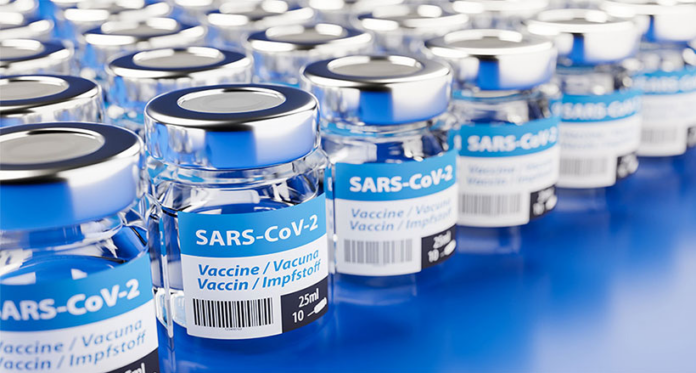By Philip Baillargeon
Intellectual property rights for items like music, television, and movies are generally understood as necessary; these legal stipulations ensure that the original creator of a piece of art is able to profit off said art without copycats stealing their content. However, intellectual property in the medical world is much more complicated.
Take the example of EpiPens, a lifesaving technology that administers a specific dose of epinephrine that can save an individual from a fatal allergic reaction. The manufacturer of EpiPens, Mylan Pharmaceuticals, hiked the price of these devices by over $300 in less than three years, from $400 to $750, without improving the quality of the device. Mylan held over 90% of the market for EpiPens; without competition, they could raise prices as they pleased as consumers had no comparable alternative. After a $465 million settlement with the US Justice Department, several pharmaceutical companies requested approval for various generic versions of epinephrine. Now, there are EpiPen alternatives that sell for around $100, and EpiPen went from accounting for 90% of the market to 10% of the market, with a generic version also produced by Mylan now becoming the most popular option. By introducing generic, cheaper options, patients could now access an affordable version of the lifesaving drug.
Vaccines for Covid-19 are afforded the same intellectual properties as EpiPens; each manufacturer of a specific vaccine owns the rights to the specific manufacturing process that creates said vaccine. While wealthier countries like the US and UK can afford to purchase bulk amounts of these vaccines from the manufacturers (who are not price gouging to the extent of Mylan with EpiPens, but are still making profits off of these lifesaving drugs that were developed through a highly subsidized process), countries like India and South Africa, who have experienced a horrific amount of death and destruction as a result of this pandemic, are unable to compete in this market. The World Trade Organization, an independent collection of member states that regulate international commerce, has subsequently agreed to explore the possibility of waiving intellectual property rights for Covid-19 vaccines, allowing countries like India and South Africa to produce their own vaccine supply in their own facilities instead of competing in the international market. The Biden administration, as of May 5th, released a statement in support of the WTO waiving intellectual property rights for Covid-19 vaccines.
Critics claim that this move is a symbolic gesture by the Biden administration, as several of these countries lack the proper facilities to produce these vaccines without extensive assistance, and this precedent could disincentivize pharmaceutical companies from working quickly to create a vaccine in future pandemics. Supporters of waiving intellectual property rights on vaccines, along with believing the move will improve access to the vaccine, also assert that assisting other countries with their vaccination efforts could substantially improve the geopolitical standing of the United States. China and Russia have already been distributing their own vaccines to other nations, and the US spearheading an effort to improve access to American made vaccines could limit China and Russia’s abilities to distribute their highly scrutinized vaccines. Also, as the pandemic rages on in countries with low access to vaccines, the risk of more contagious variants that can circumvent vaccines also rises, cementing a lack of vaccinations as a global issue as the pandemic continues to progress.
The member states of the WTO have a difficult decision to make in the coming weeks; do we trust the global market with our lives, or will we open the floodgates by removing intellectual property rights?

